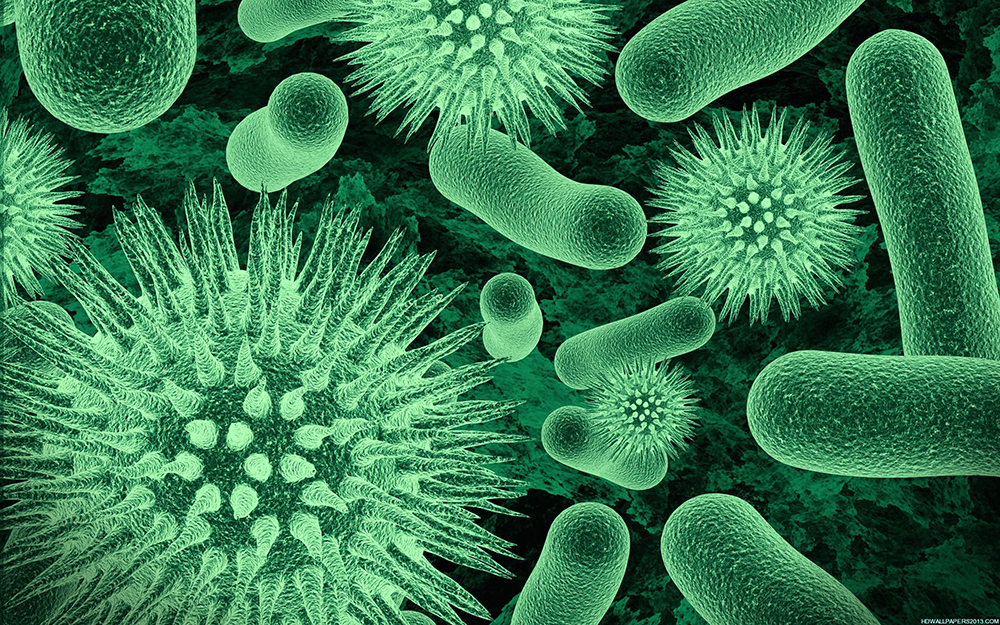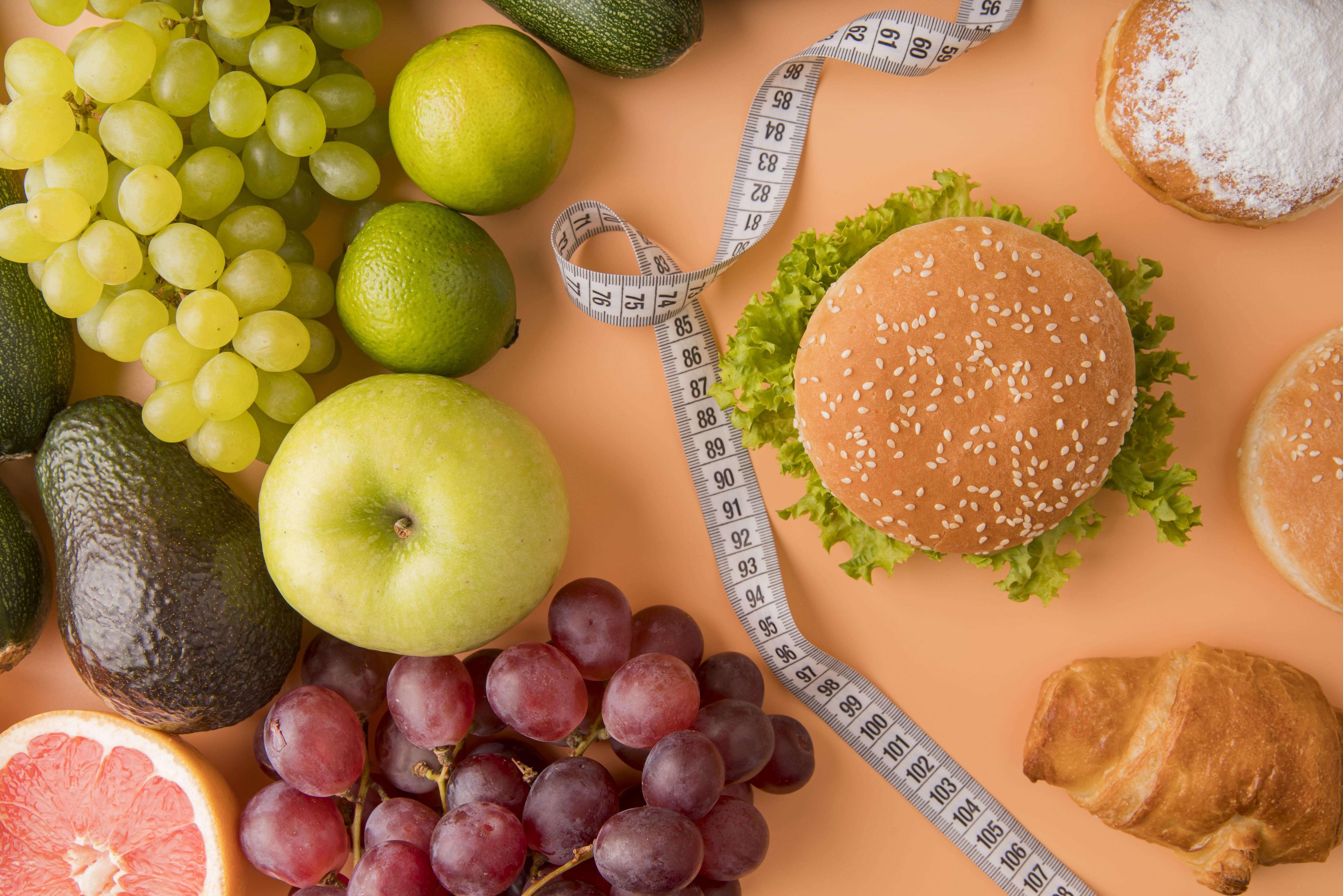
Healthy lifestyle choices and limiting sugar intake are two of the best tips for diabetes prevention. These simple changes can make a huge difference in your overall health and longevity. You can delay the onset of diabetes by losing weight even if your risk is low. This will help to lower your risk of developing diabetes. These changes can also increase your lifespan. They are very easy to do. You can begin today by adopting these simple habits.
Preventing the disease requires a low-fat, high-fiber diet. Saturated fats can be avoided, but consuming more fiber can help you control your blood sugar. A healthy diet is one that includes whole grains, fruits, vegetables, legumes, beans, and nuts. Include plenty of physical exercise in your daily routine. You can find something new each week that is fun and engaging.

A good way to lower your chances of developing diabetes is to get enough exercise. People find it difficult to exercise regularly so it's crucial to get started as soon possible. Start exercising only once per week if this is your first time. Walking for a good distance is a great way to tone your body and lose weight. If you smoke, quit immediately. Don't be embarrassed by smoking.
Nuts are an excellent option for those who don’t want to give up their favorite soda. They're rich in protein as well as healthy fats. These nuts will keep your stomach full until dinnertime. Monounsaturated oils are also high in them, which has been shown to decrease the risk of type 2. Nuts can be chewed to reduce the amount of refined carbohydrate found in junk food. Nut-free snacks aside, walnuts can be eaten regularly to keep blood sugar levels in the normal range. This will prevent you from snacking.
Cut down on sweets as well as reducing the amount of carbohydrates you consume. High-fiber foods are essential for maintaining blood sugar levels under control. Good nutrition includes lots of vegetables. You will get more fiber if you eat more fruits and vegetables. Additionally, fiber is a key ingredient in preventing type 2. It is important to exercise regularly in order to prevent diabetes. A moderate 30 minute exercise per day can help you prevent diabetes.

Avoid trans and saturated fats. These fats are extremely harmful to your health, and should be avoided. Instead, you should consume unsaturated fats like olive oil and fish. You should also cut down on alcohol consumption and tobacco use. These substances can raise blood sugar levels and lead to insulin resistance. For diabetes prevention tips, keep reading! Share this information with other people! It will make you happy.
FAQ
Is it true that overeating protein causes kidney stones?
Protein helps maintain healthy bone and tissue. However, too much protein can result in calcium excretion through the urine. In turn, this can result in kidney stones.
It is important to keep in mind that not everyone will develop kidney stones if they consume more protein than 2 grams per kilogram (2.2lbs). People can eat large amounts of protein and not get kidney stones.
By being careful with your sodium intake, you can prevent kidney stones. Sodium helps regulate water balance in the kidneys. Too much sodium can lead to kidney stones.
If you have kidney stones, you can reduce your intake of protein. Protein accounts for about half the daily caloric requirement of most adults. You'll lose weight if you reduce your intake of protein.
If you do decide to eat more protein, don't go overboard. Try to eat less than 20% protein in total calories.
What does the milk do for men
When you next buy milk, think of other uses. It may be a good idea to reduce your coffee intake.
Children and adults both have found milk to be beneficial. The nutrients in milk include vitamin D, calcium potassium, phosphorous and magnesium.
It helps with digestion, promotes weight growth, and improves bone strength. The immune system is stronger and there are fewer illnesses in adults who consume dairy products.
Milk is also rich in lactose, so people who cannot digest this sugar easily can enjoy its benefits without experiencing stomach problems.
Instead of drinking soda or juice, drink more milk. You can strengthen your teeth with the extra calcium and vitaminD found in milk.
If you don’t like milk's taste, you can make your yogurt with plain low fat milk. Yogurt can be a great substitute for milk, as it has fewer calories and more protein.
Yogurt also contains probiotics which improve digestion and immunity.
Warm milk can help you sleep better if you have trouble falling asleep. Warm milk relaxes the muscles and increases serotonin levels. It will give you a restful night.
Which dietary supplements are good for weight loss.
Exercise and diet are key to losing weight. Some people find that certain supplements are helpful.
A few studies have suggested that omega-3 Fatty Acids might help weight loss. Omega-3s are essential fats that are important for brain function and cell membrane integrity. They can be found in seafoods like salmon, tuna or shrimp, as well as cod liver oil.
Some research has shown that green tea could be helpful in weight loss. Green tea contains catechins. These antioxidants may be able to increase metabolic rate and encourage weightloss.
How do you lose weight?
Losing weight can be difficult. Many people give up easily because they don't know what to do.
To lose that extra weight, however, there are simple steps you could take.
First, ensure that you consume fewer calories per day than you burn. You can gain weight by eating more calories than your body burns.
You should also exercise regularly in order to lose all those calories. You have many options, including walking, biking, dancing and jogging.
Third, stop smoking and drinking alcohol. These habits can cause you to consume more calories that you would otherwise.
Fourth, reduce your intake of fatty and processed foods. You can replace these unhealthy foods with healthier choices like fruits, vegetables, lean proteins, whole grains and nuts, seeds and beans, as well as other healthy options such a legume, fruit, vegetable, legumes, whole grain, nuts, seeds, and beans.
Fifth, it is important to make lifestyle changes and develop new habits. For example, you may need to get up early every morning to exercise before work.
Sixth, discipline and following a diet plan are essential.
For those extra calories, you could join a class or go to a gym.
Follow these simple steps and you'll soon start to see the results.
Statistics
- By John Thompson Take a whopping 38% off a set of PowerBlock Pros. (menshealth.com)
- Are You One of the 20% of Guys (mh.co.za)
- The PRS enabled risk stratification for overall prostate cancer and lethal disease with a four-fold difference between men in the highest and lowest quartiles (HR, 4.32; 95% confidence interval [CI], 3.16-5.89). (pubmed.ncbi.nlm.nih.gov)
- According to the American Academy of Dermatology (AAD), men over 50 are at a heightened risk of developing it. (healthline.com)
- Candidates and applicants must pass all four tests at 70% (minimum level) to graduate from Basic Deputy U.S. Marshal (BDUSM) Training. (usmarshals.gov)
External Links
How To
What nutrients is a man supposed to consume daily?
Men require daily nutrition for healthy growth and development. The body requires vitamins, minerals, proteins, carbohydrates, fats, water, fiber, and other essential elements.
Males also require specific nutrients at certain times of the day. Your body makes hormones, antibodies and enzymes when you are asleep. Protein is needed to build muscles and repair tissue damaged when you wake up.
Your body uses the night to break down fat and store extra energy as glucose. Your body requires fewer calories, but still needs enough nutrients. You may have an occasional snack during the evening hours if you feel hungry.
To fuel your muscles while you train, you will need sufficient carbs as well as protein. If you train hard, you may experience muscle soreness after exercising.
To prevent this, you should eat carbs as well as protein within the first two hours after training. Your body will use stored glycogen to produce glucose for energy.
Also, protein must be consumed immediately after your workouts. This will prevent muscle tissue from being damaged while you sleep.
During periods of intense physical activity, your body produces lactic acid. The body produces lactic acid when there is too much activity. This can cause fatigue. You can avoid this by eating carbohydrates-rich foods like fruits and veggies.
Carbohydrates give your body the energy it needs to recover from strenuous exercise.
In addition, you may want to include lean meats, fish, eggs, milk, cheese, yogurt, beans, nuts, and seeds into your diet.
All of these foods contain high quality protein. Protein promotes muscle growth and repairs damaged tissues. Protein also supplies the amino acids your body requires to make sex hormones, such as testosterone.
To maintain healthy skin, hair, and joints, you also need sufficient dietary fats. Healthy men need between 20% - 35% of the total caloric intake to be fat.
Fat protects your heart from cancer and keeps it strong. It keeps your brain healthy and functioning well.
Vegetable oils, such as olive oil, sunflower oil or corn oil, soybean oil and peanut oil, can supply most of the fats you require.
These oils are high in monounsaturated fatty acids (MUFAs). MUFAs are good for lowering cholesterol and reducing inflammation. They protect cells against damage from free radicals.
Saturated Fats (SFAs), which are mostly found in animal products like meat, butter, and dairy products, include LDL ("bad") cholesterol. SFAs are known to raise LDL ("bad") cholesterol and raise triglycerides. They are also good for weight loss and belly fat.
Polyunsaturated fats (PUFAs) are found in plant-based sources like vegetable oils, nuts, seeds, and grains. PUFAs improve cardiovascular function and decrease inflammation. They are also good for controlling blood sugar and cholesterol.
Men with low HDL ("good") cholesterol often suffer from erectile dysfunction. Consuming high amounts of saturated fats can increase bad cholesterol and lower good cholesterol.
Men who eat a lot of red meat or pork develop prostate problems because they contain large amounts of nitrates. If cooked at high temperatures, the nitrates become nitrosamines. These compounds cause cancer.
Most processed meats contain nitrites and other harmful chemicals. Avoid them.
The American Heart Association recommends limiting red meat intake to two meals per week. Instead, choose poultry or fish, beans, tofu and whole grain bread.